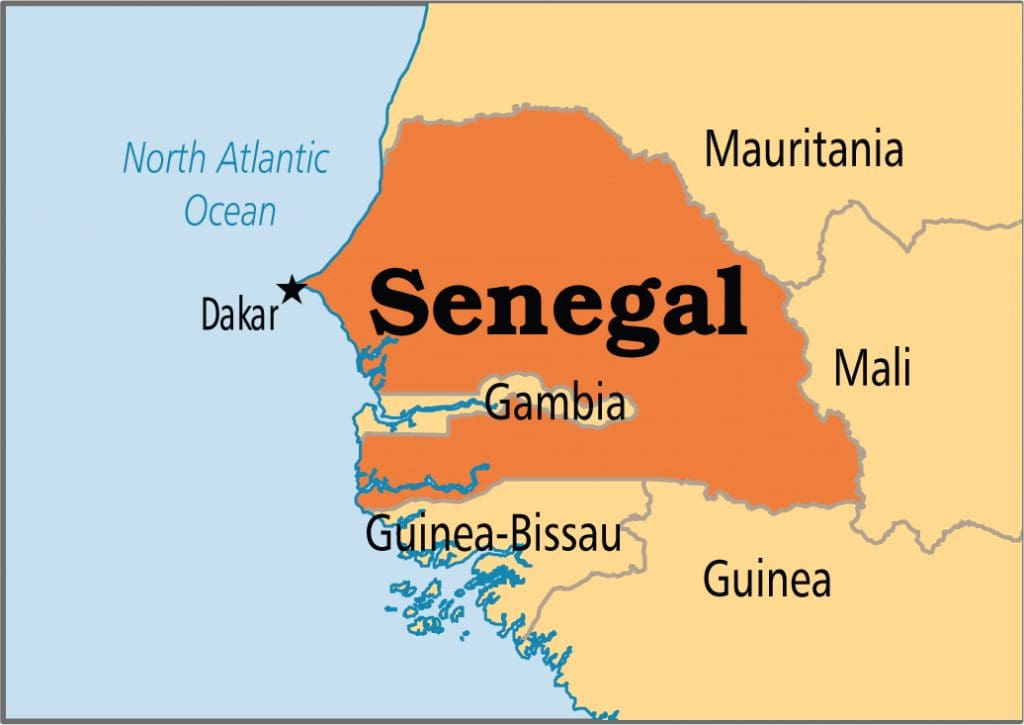“The sponsorship system for the presidential election fundamentally questions the eligibility rules that were previously enforced. This scheme marks a brutal break with the political consensus that had been in effect since 1992,” Professor Kader Boye said.
The former head of Dakar University (UCAD) was speaking at the citizen forum of Afrikajom Center on the theme: “The Construction of a post-electoral democracy: the reform of institutions as a pre-requisite for the reinforcement of the republic, democracy, the rule of law and human rights.”
Furthermore, Pr Boye noted that the “regulation of sponsorship officially took place only in July 2018, its implementing rules were only formalized in August 2018 (ministerial decree dated 23 August 2018) and the decision of the Constitutional Council on the establishment of a verification system of sponsorship files and setting the terms of its operation on November 2018.”
The sponsorship law compells all presidential candidates to collect a minimum of 0.8% and a maximum of 1% of the signatures of voters registered on the electoral roll in at least seven regions. At the end of the process of validation of sponsorship by the Constitutional Council, 13 candidates out of 20 were turned down.
Returning to the topic of the day, Alioune Tine, the founder of Afrikajom Center argued that “it is the loss of coherence especially in political matters that triggers violence”.
According to him, “there is a crisis of participatory democracy in the world. In Senegal, there is a revolutionary temptation and calls to the Army. It is extremely dangerous and it is despair that drives a society to such extreme.”
Mr. Tine said he deplores the fact that “every time we have an election in Senegal, we have the impression that it is the end of the world and the same institutions are blamed.”
For her part, Annette Lohman, resident representative of the Friedrich Ebert Stiftung Foundation, said that “Senegal is considered a model for the exercise of democracy in Africa. It has reached significant breakthrough. The holding of regular polls with political changes is a perfect illustration of this, as well as the existence of a civil society that is developing more and more.”
However, she said, “democracy is also and above all the effective participation of the citizens who are the main actors, the real separation of powers, the establishment of strong institutions and the establishment of ‘a climate of dialogue’.


